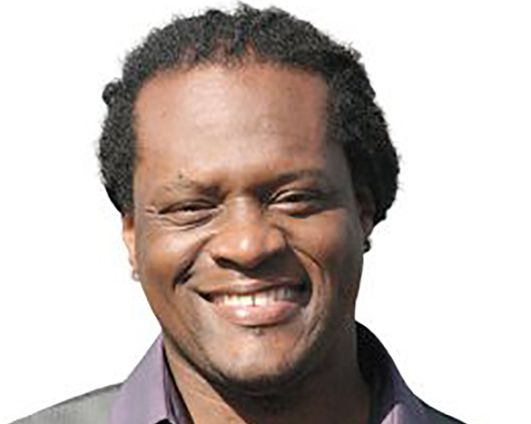Six Ways To Know If You Are Culturally and Linguistically Responsive
The session will answer this question for you: Am I culturally and linguistically responsive?
The phrase “culturally and linguistically responsive” has now become cliché, the death knell in education. Cultural responsiveness benefits all students, in particular those students who have been traditionally underserved in the United States’ schools. Given its importance to empowering and inspiring educators to be responsive and for students to be academically successful, how do you know if you are culturally and linguistically responsive in your mind-set and skill set? Find out through a motivating, inspiring, and thought-provoking keynote address. The session will answer this question for you: Am I culturally and linguistically responsive?
Participants will:
- Know what is meant by culture and language in the context of culturally responsive pedagogy theoretically and pragmatically
- Focus on common strategies utilized responsively in the areas of classroom management, academic literacy, academic language, and academic vocabulary
- See connections between standard educational initiatives, such as Common Core State Standards, and the relevance of CLR
- Understand more poignantly how implicit bias thinking can impact good intentions negatively

